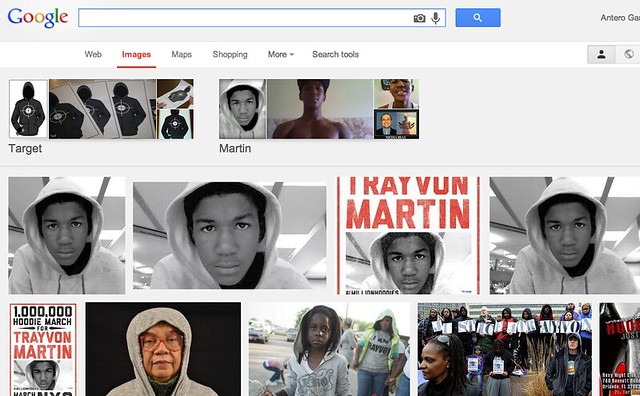
Sometimes when listening to the echoes of history, breezes from the past are fully felt in the present. (Kirkland, 2013, p. 26)
It was difficult waking up this morning, sipping on coffee, and diving back into David E. Kirkland’s book, A search Past Silence: The Literacy of Young Black Men. I’d ranted earlier in the week to friends about how beautifully written and powerful this book felt.
Reading the narrative of Derrick and Shawn, their cypha, and the ways these young Black men “shattered silence with words” (p. 25), Kirkland’s work sings with an honesty and vibrancy that is often lacking in the academic texts I read. This morning, this was a book that felt particularly prescient in light of the verdict reached in Florida last night.
Picking up where I left off, the first passage I read was:
According to most historical accounts, Black people, through the transnational commerce of Black bodies, were plucked from land and torn from language, parsed into postures of difference, sometimes literally chained to a procession of individuals who lived life and spoke language much differently than they. (p. 58)
—
I am trying to cobble together understanding. All I have are snapshots as clues for reconciliation.
Snapshot:
My social networks are trickling with rage, anger, and sadness. These digital tools are being tapped for in-the-flesh protest, action, and meeting to share bitterness and heartbreak. It’s a cycle that happens all too frequently and I have nothing new to add to the tide of disappointment and anger that carries me along today.
Snapshot:
In our CEE presentation yesterday, Cindy O’Donnell-Allen and I discussed how we framed Bob Fecho’s concept of “wobble” in our preservice teacher courses. One attendee of our session pointed out that when it comes to white privilege we are always wobbling; to not “wobble” with white privilege is white privilege.
Snapshot:
On Friday, Ally and I went down to Denver and saw the Hot 8 Brass Band. The venue was hot, half-empty, and the band seemed tired on this, the last night of their tour before heading back to New Orleans. At one point the band asked the audience to hold up a peace sign in memory of the many fallen Black men that are victims from unnecessary violence in America. The group listed a litany of names of men who died violently because of their race. Each name added to a list too, too long. As if in anguish, trumpet player Terrell “Burger” Batiste screamed “Trayvon!” as his bandmates continued the song. Batiste, who lost both of his legs when hit by a car in 2006, and his seven bandmates were some of the only faces of color Ally and I saw that night. I remember wondering what my fellow concert-goers were thinking and if they, too, were reflecting on race and violence and privilege in the sweltering club in Denver’s wealthy Cherry Creek area on a Friday night.
Snapshot:
I’m finding it difficult to parse the news and feelings of an unsurprising verdict with the work I do. Writing and thinking, lately, about young adult books (and their lack of historically marginalized protagonists) and games and “play,” the immediacy of racialized life in America feels distant. And yet, I think about the exasperation with which some of my students convey when I discuss race in a literature course or a class on teaching reading or a workshop on the uses of technology. I think about how I will honor the memory of Trayvon in these spaces in my own “search past silence.”
Thanks for sharing this post and your session with Cindy at CEE. I’m also reading David’s important book right now, feeling a mixture of rage, sadness and a renewed resolve to wobble with my students. Earlier in my teaching career, I used to wonder who am I to lead a discussion about intersections of race, heteronormativity, poverty, gender…, but I was fortunate to have a student approach me who represented some of the intersections I was insecure about addressing as a heterosexual white male. The student told me that we need to see you struggling to facilitate this discussion. The student was telling me that it was ok to wobble and that we all need to wobble more in front of each other. Thanks again, for sharing.